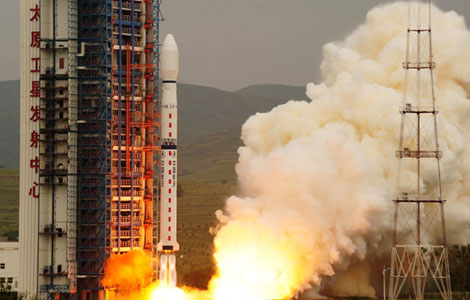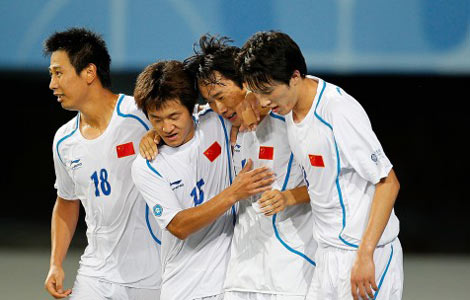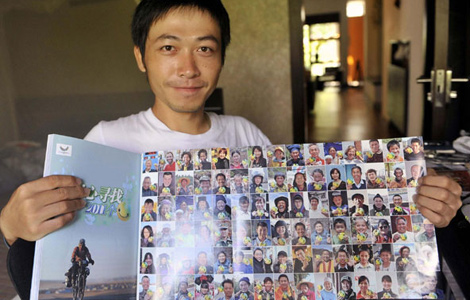Mainland should learn from HK in urbanization: Tsang
Updated: 2011-03-07 21:52
(Xinhua)
|
|||||||||||
BEIJING - Donald Tsang, chief executive of the Hong Kong Special Administrative Region (HKSAR), has advised the mainland to draw experiences from Hong Kong for efficient, low-cost urbanization.
| ||||
Hong Kong houses around 7 million people in a 1,100 square kilometer area. However, under the region's urban planning policies, green space takes up 40 percent of the city's territory.
Traffic costs only account for 5 percent of Hong Kong's gross domestic product (GDP) as a result of efficient management and operation of the region's public transportation system.
According to Tsang, by following Hong Kong's mode of urban development, the mainland can reduce the use of land and the costs of infrastructure while boosting the efficiency of commercial activities.
The service industry accounted for 92 percent of Hong Kong's GDP.
Also during Monday's speech, Tsang said Hong Kong is ready to be the "proving ground" for the internationalization of the yuan.
According to Tsang, one of China's focuses now is to expand the influence of the yuan in cross-border trade and investment in order to reduce dependence on the US dollar.
Tsang said that opening the financial market is of crucial importance and Hong Kong is ready to provide support for China's strategic financial plans.
In addition, Tsang said he believes the 12th Five-Year Program, China's development plan from 2011 to 2015, will have a profound influence on the region's development as the draft of the program includes a special chapter for Hong Kong and Macao for the first time.
According to Tsang, the draft plan included a series of supportive polices for Hong Kong's development, aiming to consolidate and promote the region's role as an international financial center.
Hot Topics
Anti-Gay, Giant Panda, Subway, High Speed Train, Coal Mine, High Temperature, Rainstorm, Sino-US, Oil Spill, Zhu Min
Editor's Picks

|

|

|

|

|

|











